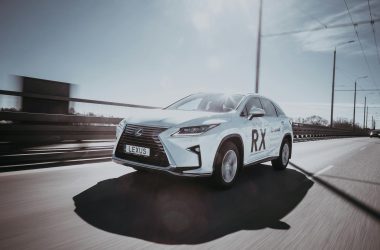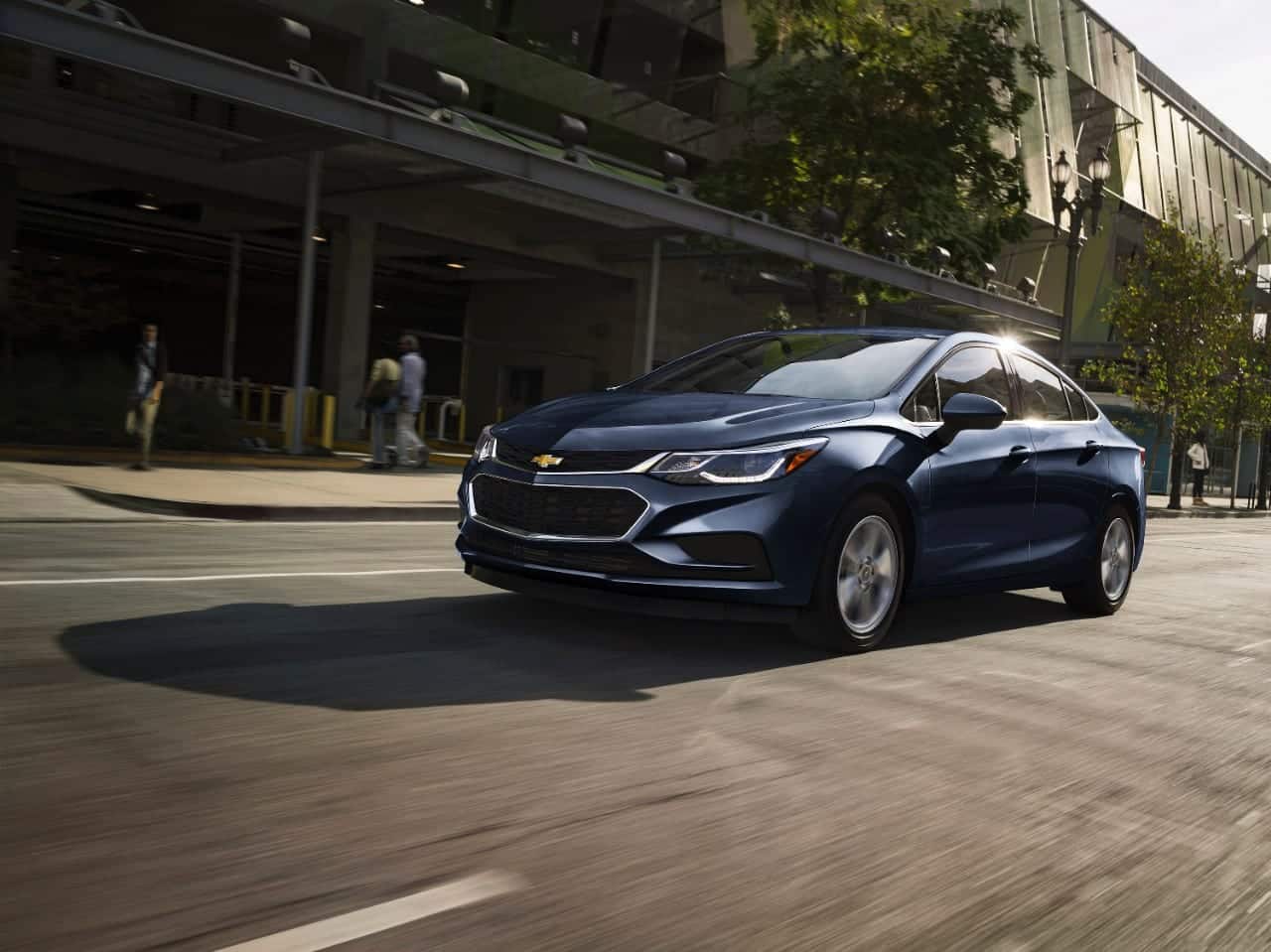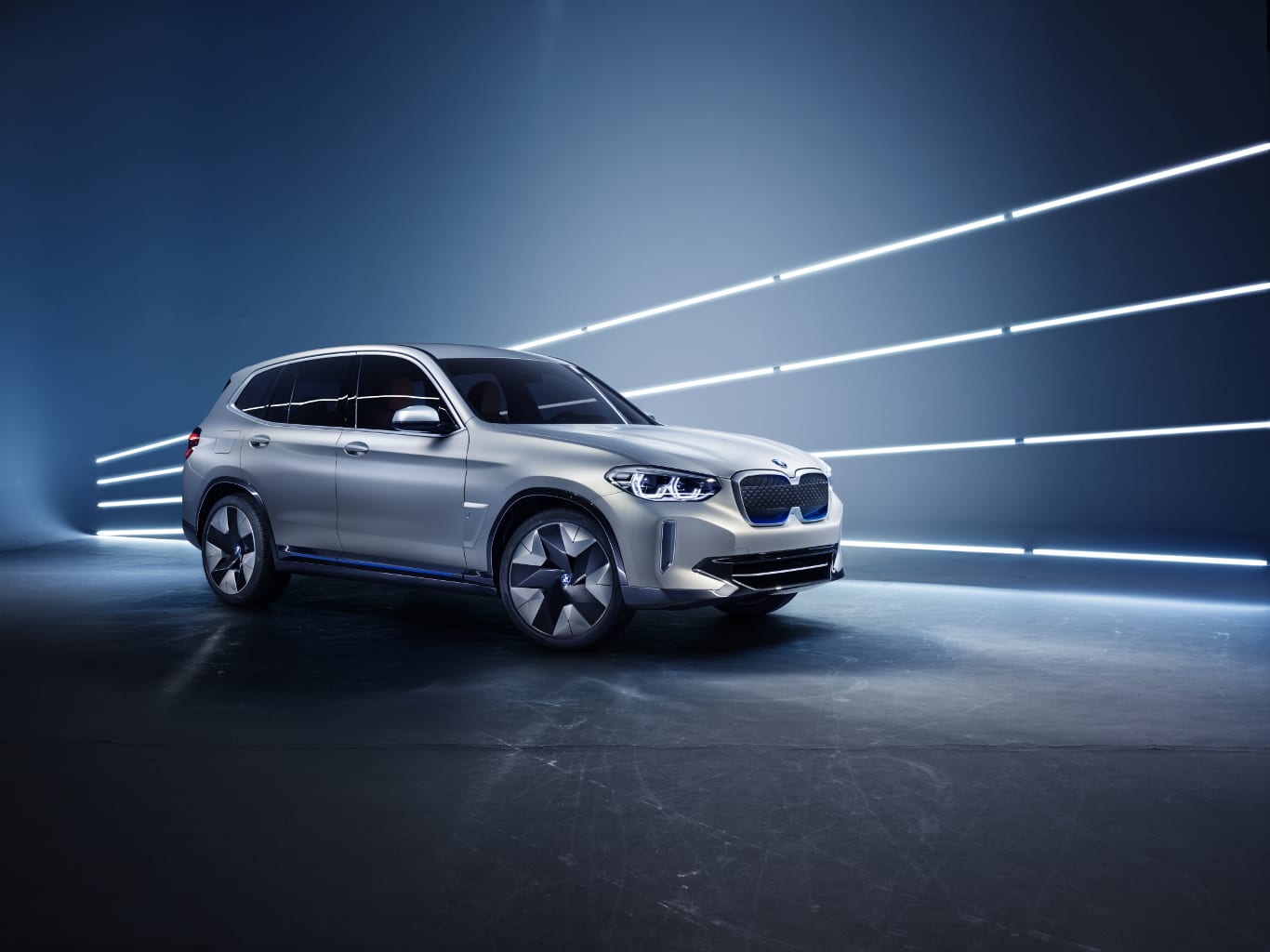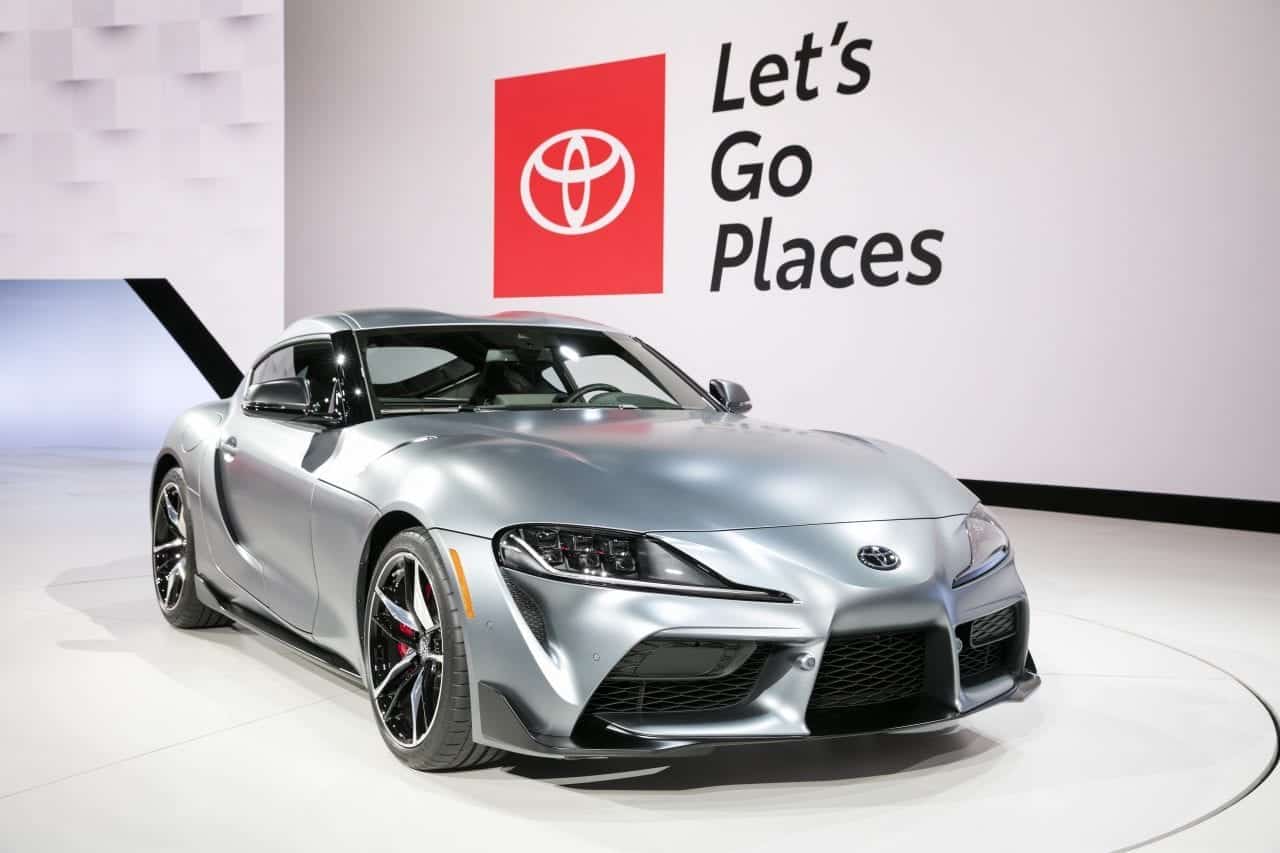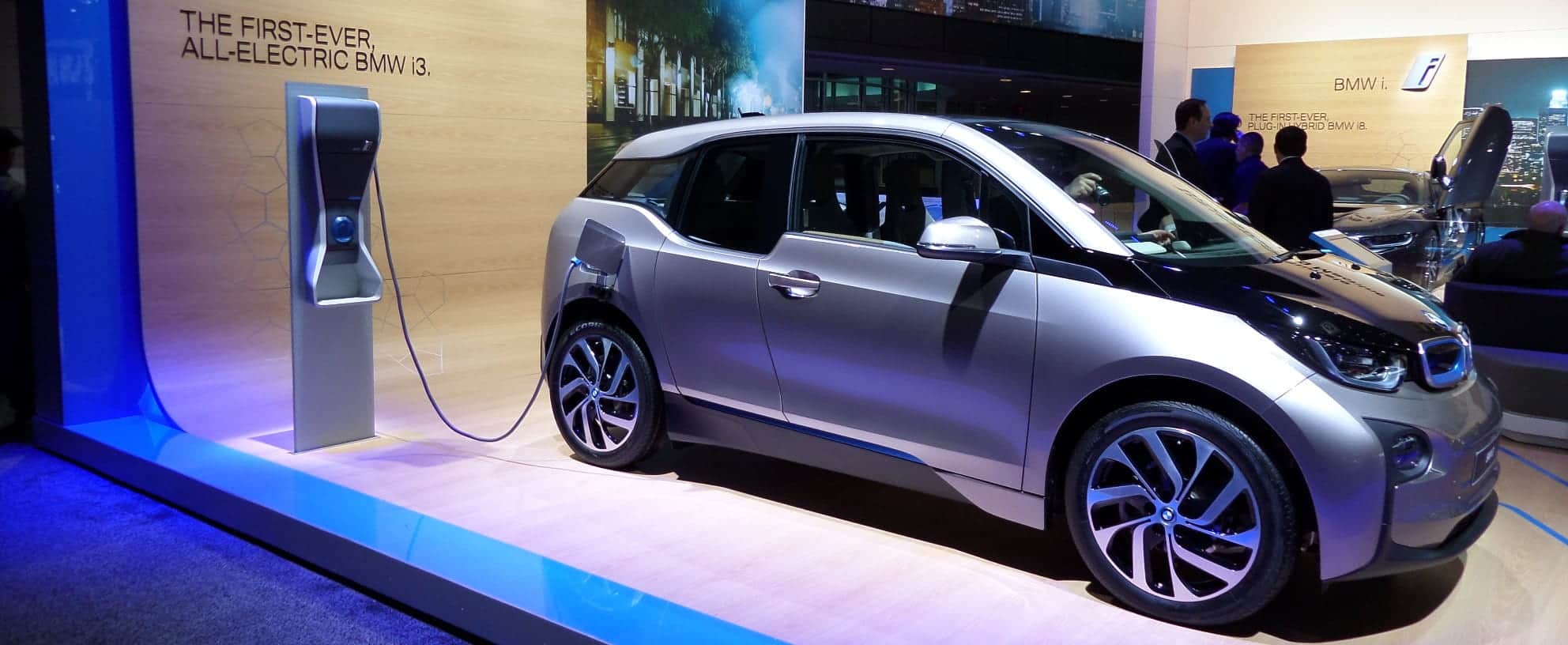In this day and age, a hybrid car can be obtained for less than $30,000. However, most of the hybrids in that price range can’t achieve 52 MPG highway fuel economy. The 2017 Chevy Cruze Diesel can achieve 52 MPG on the highway (if using the manual transmission, and 47 MPG if using the automatic one), and it can be purchased for just $25,395 (the 4-door 1LT sedan with an automatic transmission).
Diesel cars have been around for many years as a significantly more fuel-efficient alternative to gasoline-powered cars, but haven’t caught on in the U.S. for various reasons (including understandable environmental reasons). They have enjoyed some degree of success in Europe, though.
Diesel engines are infamous for their thick smoky emissions, and sizable environmental footprint. Fortunately, their emissions have improved substantially over the years, but they are by no means green or ‘clean’ as some manufacturers marketed them. If you’re looking for a cleaner car, a gasoline-powered hybrid or electric vehicle may be a better choice. A plug-in hybrid enables you to reduce emissions more than a Diesel car ever could, as you could recharge it with a number of zero-emissions energy sources.
As for the conveniences offered by the Cruze, it supports Apple CarPlay, Android Auto, as well as the myChevrolet mobile app that enables you to start or stop the car, lock the doors, send your destination to the navigation system, among other things from your phone. A key safety feature that should be considered is the Forward Collision Alert system.
Manufacturers like Volvo and Mercedes-Benz have been rolling out similar technologies over the past few years, and they are now finally making it into cheaper cars like the Chevy Cruze. Considering the sheer number of car accidents that occur on a daily basis, it only makes sense that automakers start focusing their efforts on accident prevention, as they appear to be focused primarily on injury prevention after the fact.




